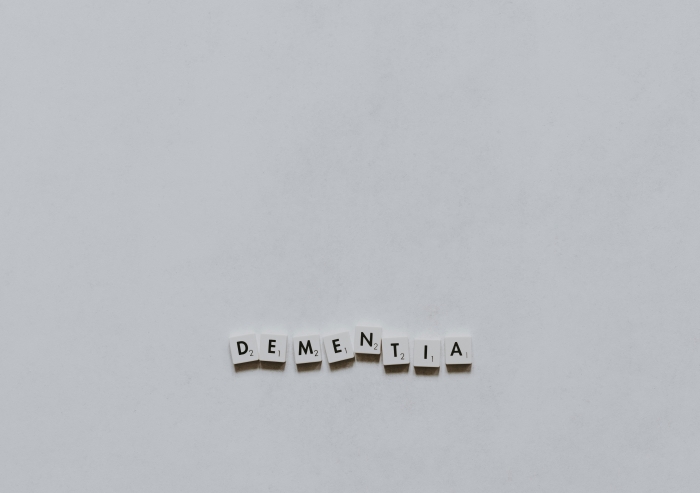As a personality feature, gratitude is understood as part of a broader attitude, in the sense of perceiving and appreciating the positive aspects of life.
Assuming a positive influence, gratitude improves social actions both for the benefactor and the recipient.
This happens because the expression of gratitude, as a result of the appreciation of the act received, is contagious, which can lead to certain social behaviours towards the benefactor or even towards other people or the community.
In recent years, psychological research on this topic has mostly focused on the benefits of higher levels of gratitude for mental health.
When seen as an adaptive psychological strategy through which people interpret their daily experiences and, simultaneously, enjoy the benefits of those experiences, gratitude is associated with satisfaction with life, being even a relevant predictor of that satisfaction.
Seniors and people in general who feel more gratitude, often appreciate the positive aspects in themselves and in the world.
This factor gives a key role to gratitude in determining mental health and can form a positive triad that comprises positive views about oneself, the world and the future.
The clinical importance of higher levels of gratitude manifests itself as a protective factor against stress and depression over time. Higher levels of gratitude support a wide range of clinically relevant processes, including less sleep disorders, greater demand for social support, further development of the social support network, higher quality relationships and a more generous interpretation of social transactions, whether these gifts or affective demonstrations.
Being grateful is not being naive. In other words, although one may be grateful for several issues, in addition to financial resources, one cannot ignore that economic conditions are related to important aspects of life, such as health, life expectancy, job stability, perceived autonomy, among others, which may be reasons for which you can be grateful for. Even so, studies on the topic clarify that, even in fragile financial situations, being grateful is related to higher levels of life satisfaction and help intentions.
In summary, human beings have the ability to experience positive psychological states even in difficult circumstances.








